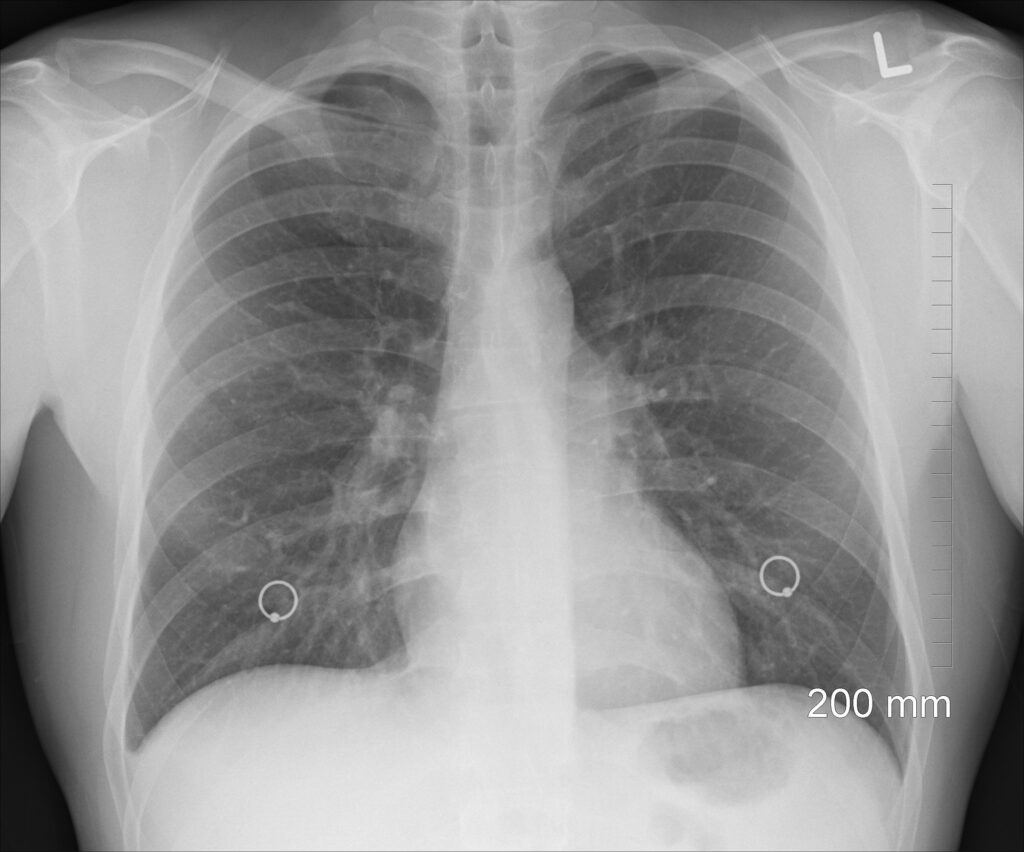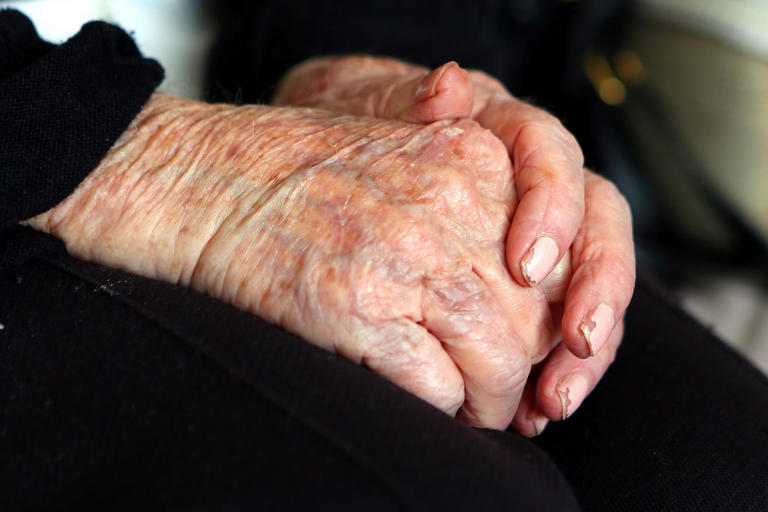“Lung Cancer Symptoms: 5 Surprising Signs You Shouldn’t Ignore!”
Understanding Lung Cancer Symptoms: Signs to Watch For
Learn about the various symptoms of lung cancer and how early detection can make a difference. Discover what signs to look out for and when to seek medical attention.

Lung Cancer Symptoms: What You Need to Know
Lung cancer symptoms can often be subtle, making them easy to overlook. However, being aware of the signs and symptoms can lead to early detection and improved treatment outcomes. Whether you’re a smoker, a former smoker, or a non-smoker, it’s essential to understand the potential indicators of lung cancer. In this article, we’ll explore the various symptoms associated with lung cancer and when it’s crucial to seek medical advice.
Persistent Cough
One of the most common symptoms of lung cancer is a persistent cough that lasts for three weeks or more. If you’ve had a cough for an extended period or notice changes in your cough pattern, it’s essential to consult your healthcare provider.
Shortness of Breath and Wheezing
Feeling breathless and wheezy without any apparent reason could be a sign of lung cancer. If you find yourself struggling to catch your breath or experiencing wheezing episodes, especially if they’re out of the ordinary for you, it’s essential to get evaluated by a medical professional.
Chest Pain and Shoulder Pain
Chest pain that doesn’t go away or shoulder pain that travels down your arm can be symptoms of lung cancer. While these symptoms can have various causes, persistent or worsening pain should prompt a visit to your doctor for further evaluation.
 Coughing Up Blood
Coughing Up Blood
Coughing up blood, also known as hemoptysis, is a concerning symptom that should never be ignored. If you notice blood in your sputum or cough up blood, seek medical attention immediately. While there can be benign reasons for coughing up blood, it’s essential to rule out more serious conditions like lung cancer.
Hoarseness and Changes in Voice
A hoarse voice that persists for three weeks or more could indicate an underlying issue, including lung cancer. If you notice changes in your voice that don’t resolve on their own, it’s important to bring them to the attention of your healthcare provider.
Loss of Appetite and Unexplained Weight Loss
Unexplained weight loss and loss of appetite can be symptoms of various health conditions, including lung cancer. If you’re experiencing unintended weight loss or a significant decrease in appetite without a clear cause, it’s essential to discuss these changes with your doctor.
Persistent Fatigue
Feeling tired all the time, even after getting enough rest, can be a symptom of lung cancer. While fatigue is a common complaint, especially in today’s fast-paced world, persistent fatigue that interferes with your daily activities should be evaluated by a healthcare professional.

Finger Clubbing
Finger clubbing, a condition where the fingertips become enlarged and the nails curve around the fingertips, can be a sign of lung cancer. While finger clubbing is not exclusive to lung cancer, it’s essential to be aware of this potential symptom, especially if it occurs along with other lung cancer indicators.
Early Detection Saves Lives
It’s important to remember that not everyone with lung cancer will experience all of these symptoms, and some individuals may not have any symptoms at all, especially in the early stages of the disease. However, being vigilant about any changes in your health and seeking prompt medical attention can lead to early detection and improved outcomes.
If you or a loved one experiences any of the symptoms mentioned above, don’t hesitate to contact your healthcare provider. Early detection and treatment are key to improving survival rates and quality of life for individuals diagnosed with lung cancer.
In conclusion, being aware of the symptoms of lung cancer and knowing when to seek medical attention can make a significant difference in your health outcomes. Whether you’re a smoker, a former smoker, or a non-smoker, paying attention to your body and advocating for your health is essential. If you have concerns about lung cancer symptoms or risk factors, don’t hesitate to reach out to your healthcare provider for guidance and support. Your proactive approach to your health could ultimately save your life.




